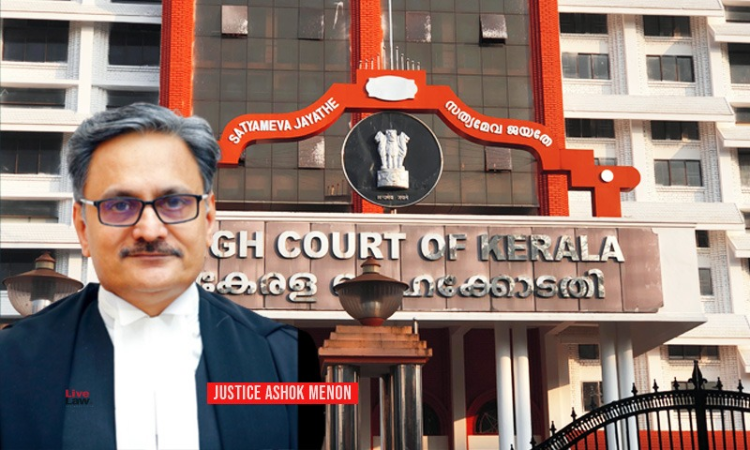The Kerala High Court recently granted relief to a 61-year-old man who had spent over 18 years behind bars for sentences awarded to him in 14 criminal cases pending before different courts across the State. Justice Ashok Menon intervened in the matter and exercised the Court's power under Section 427 of the Code of Criminal Procedure (CrPC) to order his release. The petitioner was convicted...

